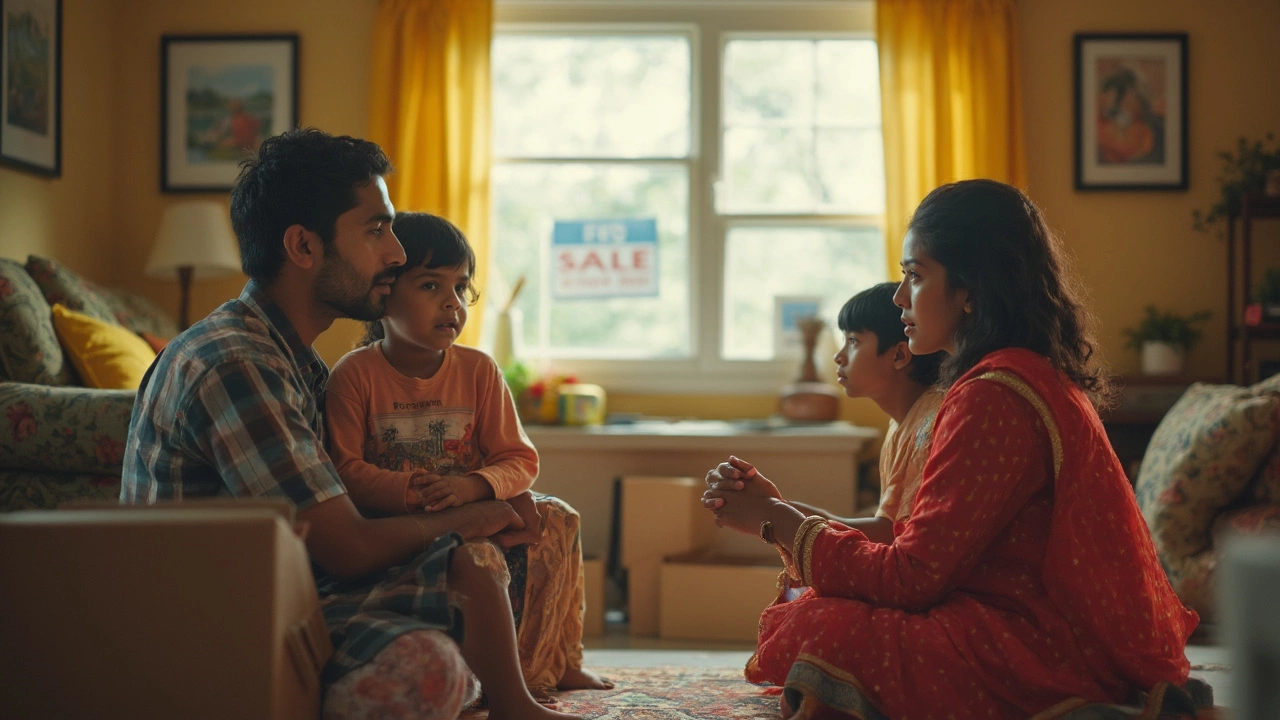If you’re looking for a place to call home in Virginia, you probably have a lot of questions: where are the cheapest spots, how much will utilities cost, and what does a typical lease look like? You’re not alone. Renting in Virginia can be straightforward once you know the right neighborhoods, understand lease terms, and budget for the true cost of living.
Virginia’s cost of living varies a lot from the coast to the mountains. The Southside and Southwest regions consistently rank as the most budget‑friendly. Towns like Danville, Martinsville, and Bristol let your dollar stretch further – you can often snag a one‑bedroom for under $800 a month. These areas also have lower property taxes, which means lower overall expenses for renters.
If you prefer a bit more hustle but still want a decent price, look at the Richmond suburbs such as Chesterfield or Powhatan. You’ll find a mix of older apartments and newer complexes, typically ranging $950‑$1,200 for a two‑bedroom. Keep an eye on local classifieds and the Redfin rental map; they update listings daily.
Virginia leases usually run for 12 months and require a security deposit equal to one month’s rent. Some landlords ask for a “pet deposit” if you have a furry friend. It’s common to see a clause that the tenant must give 30‑day written notice before moving out. Unlike a few states, Virginia does not have a rent‑control law, so rent can increase at the end of the lease term if the market allows.
Read the lease carefully for maintenance responsibilities. In many cases, the landlord handles major repairs (plumbing, heating), while you’re expected to keep the unit clean and handle minor fixes like light bulbs. If you’re new to renting, ask the landlord or property manager to point out any fees that aren’t obvious, such as a trash‑removal charge.
When you sign, ask for a copy of the “move‑in checklist.” It’s a simple list that notes the condition of the unit when you arrive. This protects you from unfair deductions from your security deposit when you move out.
Don’t forget renters insurance. It’s cheap – often $10‑$15 a month – and covers your personal belongings in case of fire, theft, or water damage. Many landlords will actually require proof of coverage before handing over the keys.
Finally, budgeting is key. Besides rent, factor in utilities (electricity, gas, water) which can add $100‑$150 per month in most Virginia towns. Internet and cable run about $60‑$80. Add these to your rent and you’ll have a realistic picture of what you can afford.
Ready to start your search? Pull up the latest posts on this site for deeper dives into cheap Virginia towns, detailed cost‑of‑living breakdowns, and step‑by‑step lease checklists. With the right information, finding a Virginia lease that fits your budget and lifestyle is easier than you think.

Thinking your landlord might sell the home you’re renting in Virginia? You’re not alone—this happens more often than you’d think. This article unpacks what tenants can really expect, whether your lease is monthly or yearly. You’ll learn exactly what happens when a landlord puts their property on the market, plus tips for protecting yourself. No nonsense, just straight answers with examples and practical advice you can actually use.